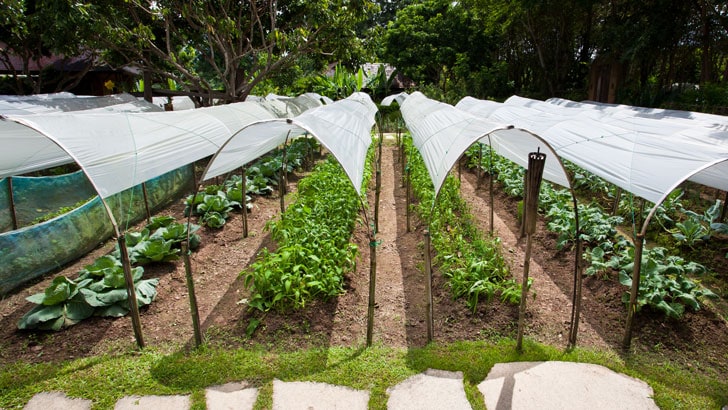
Turn back the clock ten years, and a hospitality business that went out of its way to manage its social and environmental footprint would have been a rarity. Five years ago, apart from the ubiquitous ‘local and seasonal’ on their menus, many restaurants, despite an increase in consumer interest in sustainability, were still behind the curve. Fast forward to 2013, and food service businesses are taking on board what diners want, to the point where – whether it’s large restaurant groups, smaller independents, major contract caterers, Michelin starred restaurants, a major international airline or one of the most high profile train operators – not taking sustainability seriously means they stand out from the crowd – and not in a good way!
For anyone in any doubt that sustainability matters to diners, the findings of the latest consumer research conducted for the Sustainable Restaurant Association (SRA), will make instructive reading. Since our launch in 2010 we’ve carried out regular surveys to find out what issues matter to diners. Our 2013 survey, carried out by Populus, saw the most revealing findings to date. Key among the questions we asked were, which issues diners are most keen for restaurants to be on top of, whether they are prepared to pay more for a sustainable meal and how much they want restaurants to tell them about their sustainability and what they are actually hearing.
The survey of 1,000 adults from across the UK showed, not only that diners are keener than ever to know what operators are doing, but they are also demonstrating a more sophisticated understanding of sustainability. They said that the issues they would most like restaurants to be taking care of, are food waste, health and nutrition and local sourcing. Compare this with the more mono-thematic local sourcing, sustainable fish and organic as the highest priorities back in 2009.
Some of the most revealing data though came in response to the questions about how much diners wanted to know about restaurants’ sustainability, compared with how much the businesses are actually telling their customers. It gives the definitive lie to the notion that consumers don’t want to be told. They want restaurants to be operating sustainably and want the places where they eat out to communicate what they’re doing. More than eight out of ten said they knew little or nothing about how restaurants were tackling these issues, while only 16% said they were not interested in hearing about any of these issues.
So, we’ve established that diners do care and what they care about, but how can food service businesses respond? Interestingly, when we did some complementary research, asking restaurants for their top sustainability priorities and what they thought their customers cared about, there was a big disparity, especially when it came to the issues their customers cared about most, like food waste and health and nutrition. The 17 restaurants we asked drastically underestimated the importance of these issues.
In practical terms, consumers want clear, transparent communication, they certainly don’t want any hint of greenwash. Described by The Sunday Times as the “Michelin Stars of Sustainability”, the SRA Sustainability Rating provides restaurants with an effective way of showing consumers they are taking care, and the clear rating mechanism (One to Three Stars) means consumers can easily see that a restaurant cares about sustainability and understand how it is performing overall.
Displaying its rating, which rewards all round sustainability in everything from the sourcing of the food on the plate, to the way the business manages its waste, water and energy as well as how it cares for its staff and community, gives food service businesses shorthand with which to communicate and reassure their customers. No more second guessing what the next big issue will be and developing a quick fire response to it.
Among the most common barriers operators cite against implementing sustainable practices is the perception of increased cost. Our research should again provide these operators with an incentive to think again. More than half (56%) of those questioned said they would pay a premium for their meal if they knew the restaurant was investing in reducing its environmental impact and taking its social responsibility seriously. As many as just 43% said they’d pay up to ten per cent more.
So, consumers want restaurants to operate sustainably, they want them to communicate their actions and, if convinced of these actions, will pay more for the privilege. That’s three pretty compelling reasons for food service businesses to act now. But there’s that additional factor to consider, that imminently it will be a point of difference for businesses not to operate sustainably. Back in 2010 the SRA did not predict that Virgin Atlantic, Eurostar, football stadia, museums and theatres would be queuing up to put their sustainability credentials to the test. But, all of these businesses, and the thousands of other SRA members, have seen the future and it is sustainable. That’s why we launched our Sustainability Rating globally earlier this year and have attracted interest from North and South America, Australia, Japan, Hong Kong and mainland Europe.
More information about the SRA’s Sustainability Rating available at http://www.thesra.org/what-we-offer/sustainability-rating/
Mark Linehan, Managing Director, Sustainable Restaurant Association

